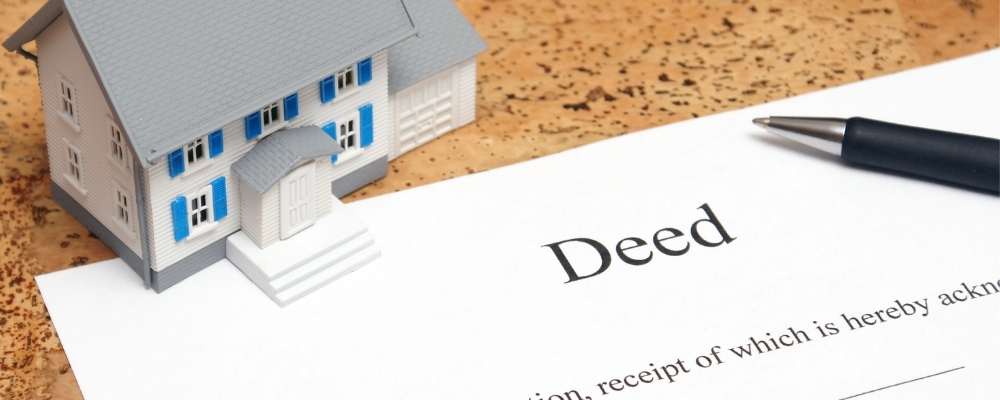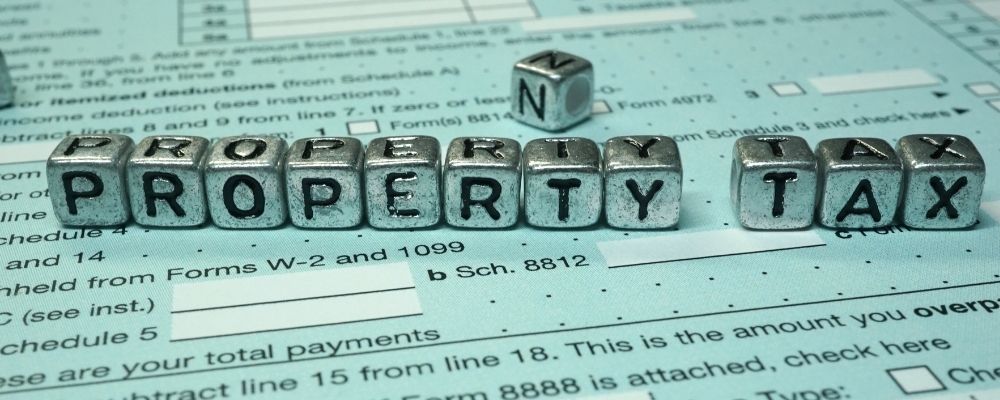All homeowners are subject to property tax, but some homeowners fail to pay property tax. If a homeowner defaults on his/her tax obligation, the property has a tax lien on it. In the beginning, the tax lien prevents the homeowner from selling or refinancing the property without paying the taxes.
If it goes on long enough, the property could become a tax sale, which means the original property owner loses the property and the investor buying the taxes becomes the new property owner.
Now let’s take a more detailed look at the difference and how to buy a delinquent tax property.
What Are Tax Liens?
Tax liens are certificates investors buy from the government when homeowners fail to pay their taxes. Counties typically auction off tax liens once a year to the highest bidder, but they also consider the interest rate you’ll charge the homeowner.
If you buy a tax lien, you pay the past due taxes and penalties. You then owe the debt and can collect it from the homeowner. You set the interest rate (according to local guidelines) and the work out payment parameters to recoup your investment.
What Are Tax Lien Properties?
A tax lien is issued against a property when a homeowner fails to pay property taxes to the government. The tax lien prevents the property from being sold or refinanced, until the unpaid tax amount is settled.
As a real estate investor, you can purchase a tax lien, which makes you financially responsible for paying past due taxes on the property. You are legally entitled to collect the unpaid tax amount from the homeowner
Can You Buy A House With Tax Debt?
You may be able to buy a house with tax debt, but through what’s called a tax sale. If a seller lists the property before the tax lien certificate is created, you may be able to buy the house and pay the taxes in the price.
The key to buying a home with delinquent property taxes is to pay an undervalued price for the house, so you have budget to settle the unpaid taxes and still make money on your investment.
If the property already has a tax lien certificate, the only way to buy it is through a tax deed sale which is a different process than buying the ‘traditional way.’
Step-by-Step Breakdown of How To Buy Property with Delinquent Taxes
Step 1: Find out how tax sales are conducted in your county
Every county has different tax sale procedures. Typically, you can’t see inside the property and you must pay all cash for the home. Ask your local county tax collection office what procedures they have.
Step 2: Research The Property
If a homeowner has unpaid property tax, there may be other debts too. Do your research or pay a title company to do a title search to see what other liens exist. This could make or break your investment.
If there are other liens and you find out after you buy the home, you may end up losing money on the deal because you must pay off all other property liens first.
Step 3: Register to bid on the property
Check with your county, but most jurisdictions require you to register your interest in the property before the auction. Find out how you should register and make sure you meet the deadline.
Step 4: Set your maximum budget before the public auction
You’ll bid on the property in a public auction, so adrenaline can get the best of you. Do your homework and decide how much you can spend. Keep this number written down in front of you so you don’t get caught up in the excitement and bid too much.
Most auctions require you to pay in all cash. This can mean all cash from the money you’ve saved up or money you obtained from a loan, such as a home equity loan on another property or a personal loan. You must have the cash available at the auction.
Step 5: Attend the auction and bid
At the tax foreclosure auction, you’ll be competing with other real estate investors with similar intentions to your own. Everyone wants the property, so have your bidding strategy ready so you can act fast. The home typically goes to the highest bidder. Knowing the values in the area and how much the home may be worth once you fix it up is important. This determines if your investment is worth it.
Step 6: Pay for the home if you win the bid
If you win the tax foreclosure auction, you’ll typically need cash or a certified check to close out the deal. Some counties require payment immediately, while others give you a few days to settle the deal.
If the district court does permit a few days to settle, using a hard money loan is a viable way to purchase the property. If the district court requires immediate payment, you will need to have access to the cash or a certified check, before you attend the auction. The point is, you need to have a concrete and viable plan for payment, if your bid for the house is successful.
Step 7: Transferring the deed
Once you settle the sale, the county transfers the home’s deed to you. This gives you ownership of the home. The county records the deed in your name and you’re free to do what you want with the home.
What is the difference between a Tax Lien and a Tax Deed?

Buying tax liens differs from buying a tax deed. Buying a tax lien means you take possession of the homeowner’s debt (taxes). The homeowners still own the property and can live in it, but they owe you the back taxes plus interest and penalties.
When you own tax liens, you don’t own the home, just the right to collect the debt. If enough time passes and the homeowner doesn’t pay the taxes, though, you may foreclose on the property and take possession.
A tax deed is a sale by the county. The county foreclosed on the property and wants to sell it to the highest bidder. The county takes priority of the funds, repaying the past due taxes and penalties. The remaining funds go to the homeowner’s lender to cover any outstanding mortgage balances.
What are the Risks of Buying Tax Liens?
Buying tax liens has its benefits, especially in today’s low interest rate environment, but there are risks too:
The property may be worthless: You can’t inspect the property’s interior but do as much research on the property and inspect its exterior before buying tax liens. If the property is in shambles, even if you take possession in foreclosure, you may not make your money back or earn a profit.
You have limited time to initiate foreclose: Each county has a different statute of limitations regarding foreclosure. Familiarize yourself with the local requirements before buying a tax lien to ensure you foreclose on the property in time if the homeowner doesn’t make good on his/her debt.
There may be more fines: If a homeowner can’t maintain the property, the property may acquire more fines and penalties you must cover if you take possession of the property. Not cutting the grass, letting the exterior get out of hand, or even letting the inside become inhabitable incur fines.
The homeowner can file bankruptcy: If the homeowner files bankruptcy, you may not recoup your investment. The judge has the final say in which debts get paid first or at all. If the judge prioritizes other debts before your tax lien, you may walk away empty-handed.
Final Thoughts
Investing in tax liens or tax deed sales is a great alternative way to invest your money. Do your research before investing. Ensure the property is in good condition (as much as you can) and look for any other liens. Also, know the local guidelines so you’re aware of how long you have to collect on the debt or take possession of the property.
Like any investment, there is risk, but the reward often supersedes most other investment options. Investing in tax liens and tax deed sales can diversify your investment portfolio in ways other investments can’t.

